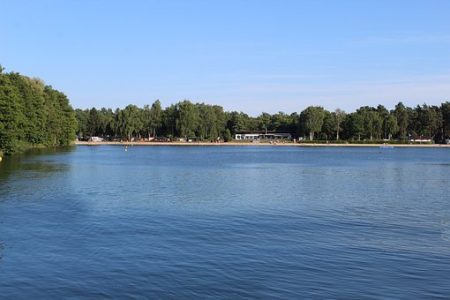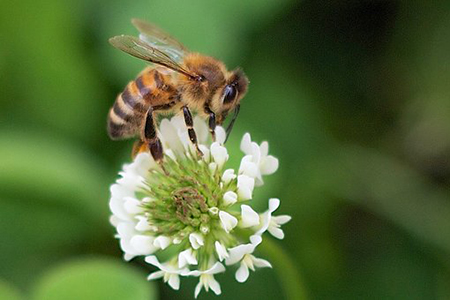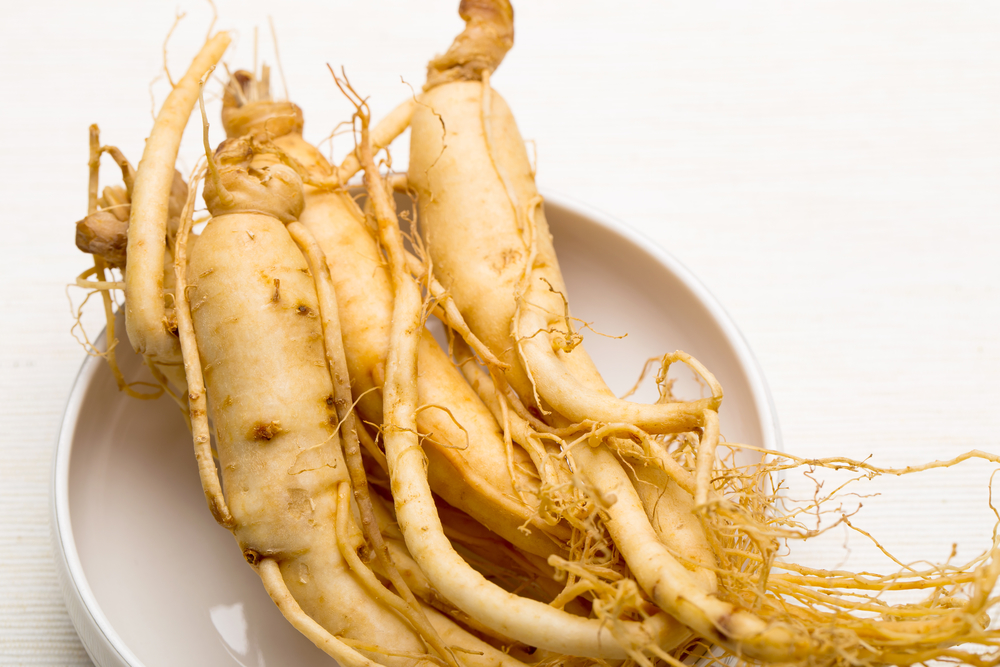Ginseng and ginsenosides as an adjuvant therapy for non-small-cell lung cancer
 Ginseng is a popular medicinal herb found in various parts of the world, including Asia, North America, and Eastern Europe. It is commonly known for its adaptogenic properties, which means it can help the body cope with different types of stress, physical or mental.
Ginseng is a popular medicinal herb found in various parts of the world, including Asia, North America, and Eastern Europe. It is commonly known for its adaptogenic properties, which means it can help the body cope with different types of stress, physical or mental.
Ginseng has been used traditionally for thousands of years to help boost energy levels, enhance cognitive function, balance blood sugar levels, and strengthen the immune system. Ginseng is said to improve overall well-being and has been researched widely, making it one of the most widely used herbal supplements today.
The main active ingredients in ginseng are a group of compounds known as ginsenosides. There are different types of ginsenosides, and some are rarer than others. Rare ginsenoside like Rh2, Rg3, Rk2, and more, are hardly found in ginseng and they are converted from naturally occurring ginsenosides by unique processing methods and have more potent bioactivity and better absorption.
Ginsenosides have been shown to have a variety of health benefits, including anti-inflammatory, anti-tumor, and anti-oxidant effects. They has been shown to inhibit cell growth, induce cell cycle arrest and apoptosis, and inhibits tumor invasiveness as well.
Studies in recent decades have investigated the potential effects of ginseng and ginsenosides on non-small-cell lung cancer (NSCLC). Furthermore, ginseng and ginsenosides have been found to enhance the anticancer properties of several chemotherapy drugs like cisplatin.
A study in 2021 analyzing twenty-two randomized clinical trials involving 2022 cancer patients found that the administration of ginsenoside Rg3 alongside first-line chemotherapy drugs in patients with advanced NSCLC resulted in increased drug efficacy and reduced drug-related toxicity.
According to the analysis findings, the addition of ginsenoside Rg3 to the initial chemotherapy regimen among patients with NSCLC displayed an improved objective response rate, disease control rate, karnofsky performance status, one-year and two-year survival rates, and weight fluctuation as compared to chemotherapy alone. Furthermore, VEGF levels were decreased, and the occurrence of gastrointestinal reactions and bone marrow suppression was also reduced.
A recent meta-analysis also indicates ginseng and ginsenosides can be used a promising adjuvant therapy for NSCLC.
Led by Chinese researchers from Nanjing University of Chinese Medicine, the study was conducted to assess the efficacy and hemorheological indexes of ginseng and its active components in patients with NSCLC. Published in the Journal of Oncology, the study included a total of 1480 cases from 17 randomized controlled trials evaluating ginseng in combination with chemotherapy versus chemotherapy alone in NSCLC patients.
The analysis outcomes showed that single ginseng treatment or a combination treatment of ginseng and chemotherapy drugs:
- improved the quality of life of patients with NSCLC;
- upregulated antitumor immunocyte subtypes while decreasing immunosuppressive cells in serum;
- reduced the inflammatory level and increased antitumor indicators in serum
In conclusion, the studies supported the use of ginseng and ginsenosides as an adjuvant therapy to enhance the efficacy of chemotherapy for patients with NSCLC.
As more individuals are turning to herbal medicine to supplement their cancer treatment in recent years, ginseng and ginsenosides are included as part of their overall cancer treatment regimen to improve the quality of life. It is always important to consult with a healthcare professional before using any ginseng and ginsenoside supplements.
References:
Peng, Ze & Wu, Wen & Yi, Ping. (2021). The Efficacy of Ginsenoside Rg3 Combined with First-line Chemotherapy in the Treatment of Advanced Non-Small Cell Lung Cancer in China: A Systematic Review and Meta-Analysis of Randomized Clinical Trials. Frontiers in Pharmacology. 11. 630825. 10.3389/fphar.2020.630825.
Xia, Y., Han, H., Gu, R., Tao, R., Lu, K., Sun, Z., Shen, S., Wang, A., & Lu, Y. (2023). The Efficacy and Hemorheological Indexes of Ginseng and Its Active Components for Patients with Non-Small Cell Lung Cancer: A Systematic Review and Meta-Analysis. Journal of oncology, 2023, 3144086. https://doi.org/10.1155/2023/3144086


